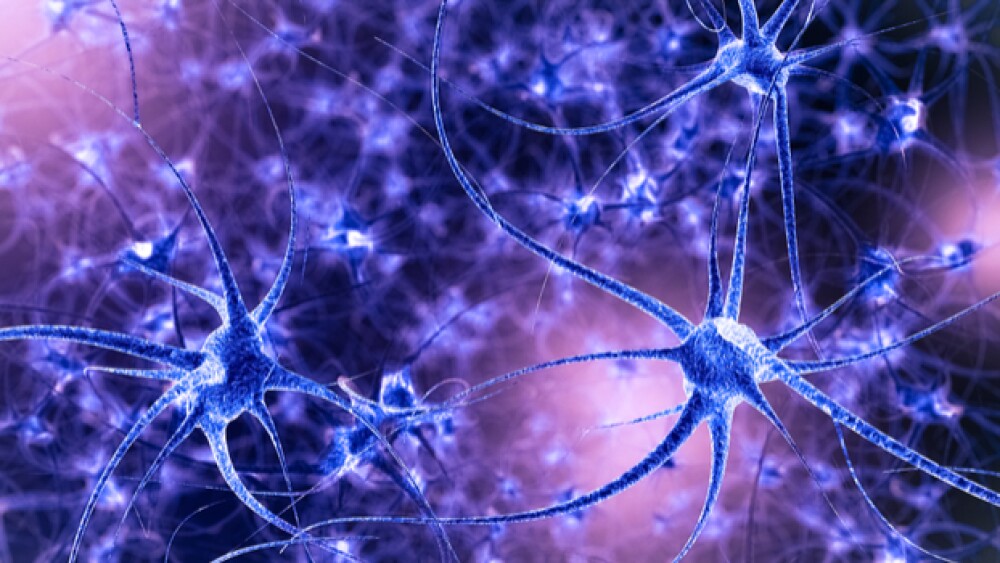With $6.5 million in seed funding, Aspen Neuroscience, Inc. launched today with a goal of developing the first autologous cell therapies for Parkinson’s disease.
With $6.5 million in seed funding, Aspen Neuroscience, Inc. launched today with a goal of developing the first autologous cell therapies for Parkinson’s disease.
The new San Diego-based company’s launch was financially supported by Domain Associates, Axon Ventures, Alexandria Venture Investments, Arch Venture Partners, OrbiMed and Section 32. The funds from the seed round will be used to develop the company’s proprietary approach, which is specific to induced pluripotent stem cells (iPSCs), Aspen is focusing on human pluripotent stem cells. The company takes the iPSCs from a skin biopsy from a Parkinson’s disease patient and then turns that tissue into pluripotent stem cells using genetic engineering. Aspen then differentiates the pluripotent stem cells into dopamine-releasing neurons that can be transplanted into that same person (autologous), thereby restoring the types of neurons lost in Parkinson’s disease.
The company believes that as an autologous cell therapy for Parkinson’s disease, its treatment would eliminate the need for immunosuppression because the neurons are transplanted back into the same patient from which they were generated. Immunosuppression is necessary with currently available cell therapies for Parkinson’s disease that use transplanted cells that come from another patient in order to prevent rejection. However, immunosuppression can predispose the patient to life-threatening complications including infection and add cost to the patient and health system. Aspen says it is the only company in the world offering an autologous neuron replacement therapy for Parkinson’s disease.
Aspen’s approach was developed by the company’s co-founders, Jeanne F. Loring, professor emeritus and founding director of the Center for Regenerative Medicine at The Scripps Research Institute, and Andres Bratt-Leal, a former post-doctoral researcher in Dr. Loring’s lab.
Aspen’s lead product (ANPD001) is currently undergoing investigational new drug (IND)-enabling studies for the treatment of sporadic Parkinson’s disease. Aspen is also developing a gene-edited autologous neuron therapy (ANPD002) that is in the research stage and targeted toward familial forms of Parkinson’s disease beginning with the most common genetic variant in the gene encoding glucocerebrosidase, the company said.
Aspen Chief Executive Officer Howard J. Federoff described the company’s work as developing a “restorative, disease modifying autologous neuron therapy for people suffering from Parkinson’s disease.” The company’s approach has the potential to release dopamine and reconstruct neural networks where no disease-modifying therapies exist, Federoff added.
Federoff also co-founded MedGenesis Therapeutix and Brain Neurotherapy Bio, as also lead the U.S. Parkinson’s Disease Gene Therapy Study Group. In addition to Federoff, who was the executive dean of medicine at Georgetown University, Aspen has assembled a strong leadership team. Edward Wirth, who currently serves as chief medical officer for Lineage Cell Therapeutics, will assume the CMO role at Aspen. Loring will serve as chief scientific officer and Andres Bratt-Leal will serve as head of research and development.
“We are fortunate to have such a high-caliber scientific and medical leadership team to make our treatments a reality,” Federoff said.





